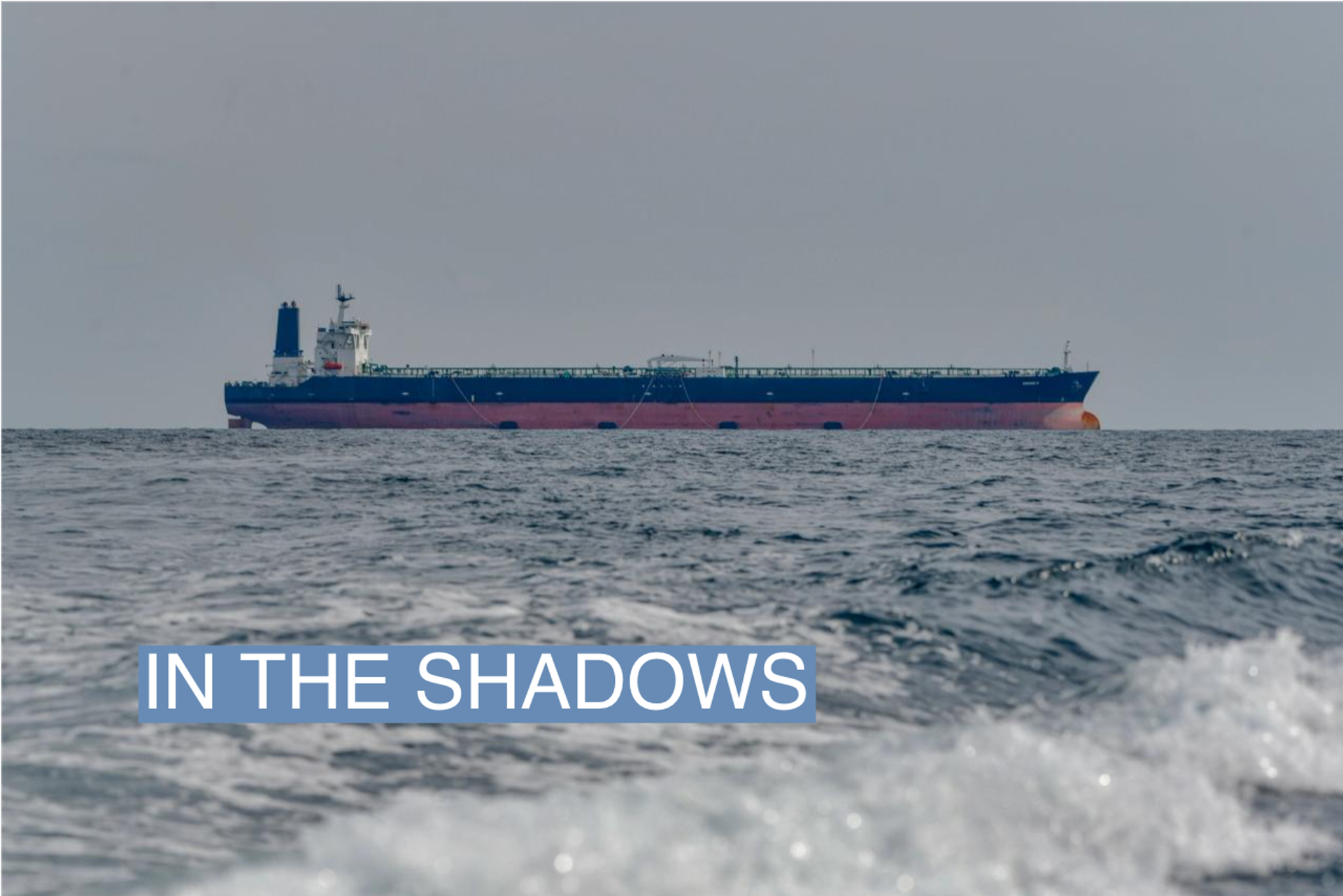The News
A tanker belonging to Russia’s ‘shadow fleet’ of unregistered vessels clandestinely carrying oil across the world in breach of Western sanctions was involved in a collision near Denmark, Bloomberg reported.
The accident happened on March 2, according to the Danish Maritime Authority, and forced the Andromeda Star oil tanker to stop in a port near Copenhagen for repairs on March 17.
While the accident did not appear to cause environmental damage, it is the latest warning sign of what experts call a catastrophe in the making, as uninsured Russian vessels sail through European waters to continue exporting oil despite Western sanctions.
SIGNALS
Russia’s shadow fleet raises environmental concerns
Russia’s so-called ‘shadow’ or ‘dark’ fleet, which is estimated to consist of hundreds of ships, has created a serious risk of catastrophic oil spills, experts have said. The ships tend to be old, in poor condition, regularly deactivate their tracking systems, and undertake risky ship-to-ship transfers that make accidents far more likely, according to a report from the Atlantic Council. Suspected shadow-fleet vessels have been involved in dozens of incidents including collisions, oil spills, and fires, Politico reported. As the ships carry hundreds of thousands of barrels of oil, a major accident would have significant environmental consequences. A Financial Times investigation found that because many of the vessels in the Russian dark fleet rely on insurance that does not cover sanctions evasions and would likely be void in the event of a disaster, Western countries could end up with little choice but to pay for the clean-up costs if an accident were to occur in their territory. “A complicated Western sanctions regime, which sought to crimp Moscow’s energy revenues following its 2022 full-scale invasion of Ukraine, may have inadvertently increased environmental threats from inadequately insured ships,” the FT wrote.
US sanctions stem the flow of shadow oil but tighter measures ‘urgently needed’
U.S. sanctions imposed on individual Russian vessels in October have started to have a tangible impact on Moscow’s shadow fleet. Almost half of the sanctioned Russian tankers have been idle since being targeted by the U.S. Treasury, according to an analysis by Bloomberg. However, while a Western price cap of $60-per-barrel — imposed to reduce Russian oil profits without disrupting the global energy supply — worked well in its first year, Moscow used its shadow fleet to get around the sanctions, the U.S. Treasury wrote in February, stating that “Russian oil is the Kremlin’s principal profit source for financing its barbaric invasion.”
Analysts at the Kyiv School of Economics said in a February report that stricter measures would be “critical” to further restrict Russian oil exports that violate the price cap. Western countries must require Russian shadow fleet vessels to prove they have proper disaster insurance and to ramp up penalties on companies and vessels that violate the price cap, the report stated.
“To ensure that sanctions continue to constrain Russia’s ability to wage its war of aggression on Ukraine — and that their credibility is maintained — additional steps urgently need to be taken,” the authors wrote.

